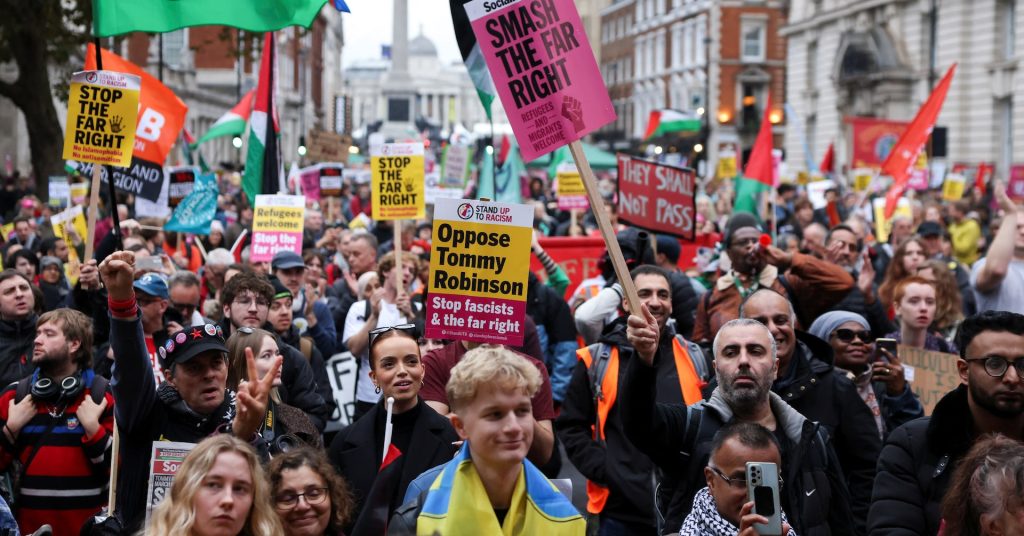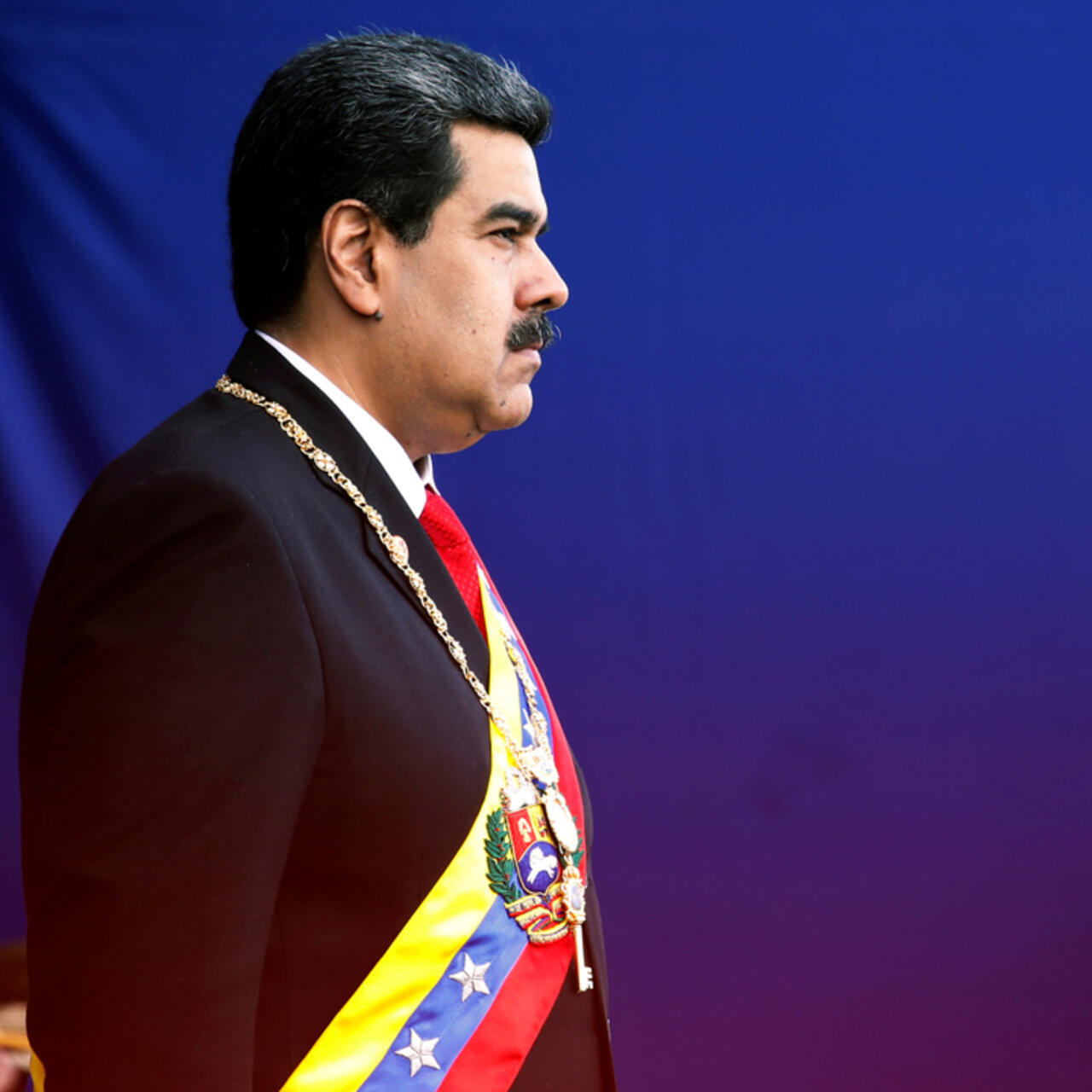Britain witnessed its largest far-right demonstration in modern history on Saturday, 13th September, 2025 as more than 100,000 anti-migrant protesters rallied in central London, sparking international concern over the rising tide of nationalist politics across Europe.
The march was Organised by a controversial activist Tommy Robinson, the “Unite the Kingdom” rally drew about 110,000 demonstrators, according to police estimates. The sheer scale of the march featuring British flags, anti-immigration banners, and symbols linked to Donald Trump’s MAGA movement, stunned analysts and underscored the mainstreaming of nationalist populism in the UK.
Reacting to the rally from France, the Politicians in Paris, where Marine Le Pen’s National Rally continues to dominate polls, described the march as “a wake-up call” for governments to listen to public discontent over migration.
The reactions from officials in Germany expressed their concerns, warning of parallels with far-right Alternative für Deutschland (AfD) rallies that have shaken German politics.
Figures in Prime Minister Giorgia Meloni’s Brothers of Italy party voiced sympathy, arguing that Britain’s protest reflected a broader European frustration with “uncontrolled migration.”
The Senior EU officials lent their voice and called for vigilance, noting that far-right groups across the bloc are increasingly coordinating their rhetoric and strategy.
Historically, Britain has seen large-scale protests before, such as the anti-Iraq War demonstrations of 2003, but those were broad coalitions cutting across political lines but Saturday’s rally stands out as the largest explicitly far-right mobilisation in UK history, according to anti-extremism group Hope Not Hate.
Analysts note that while far-right marches in the 1970s and 1980s often numbered in the low thousands, the 2025 London protest eclipsed them tenfold, reflecting both a shift in scale and in political legitimacy. The rally also echoes movements across Europe: from the “Yellow Vests” in France to anti-migrant marches in Hungary and Poland, and most recently the mass AfD rallies in Germany.
The presence of MAGA hats, chants echoing U.S. slogans, and online support from right-wing influencers in the U.S. signal a growing transatlantic exchange of populist ideas. Observers warn that Britain may now be at the frontline of a political wave blending nationalism, anti-globalisation, and digital mobilisation.
Prime Minister Keir Starmer condemned the violence that left 26 police officers injured and at least 25 protesters arrested, insisting Britain must remain a “tolerant, inclusive society.” Yet critics argue that unless mainstream parties address economic hardship and concerns over migration, far-right groups could continue to capitalise on popular anger.
With the tune of the Saturday’s rally, the protest was more than a mere agitation, it was a signal that Britain has entered a new phase of European populism. The nationalist movements increasing in France, Germany, Italy, and beyond, London’s march may mark the moment Britain re-joined a continent-wide struggle over identity, migration, and the future of democracy itself.





